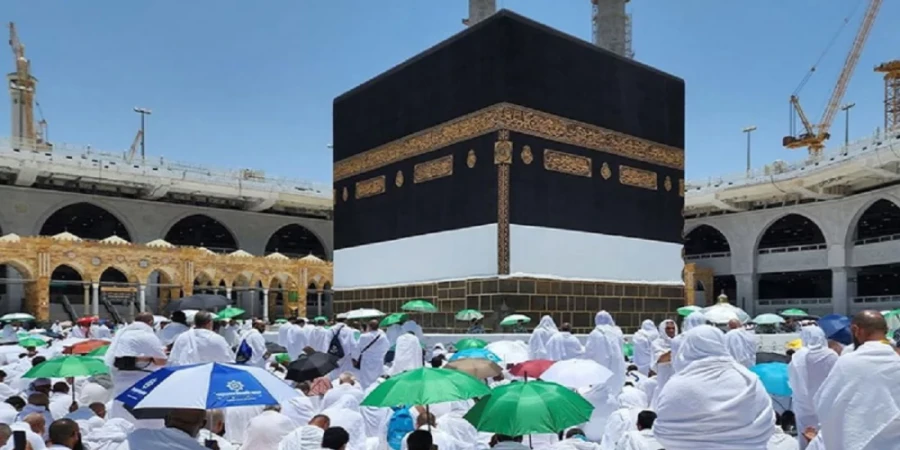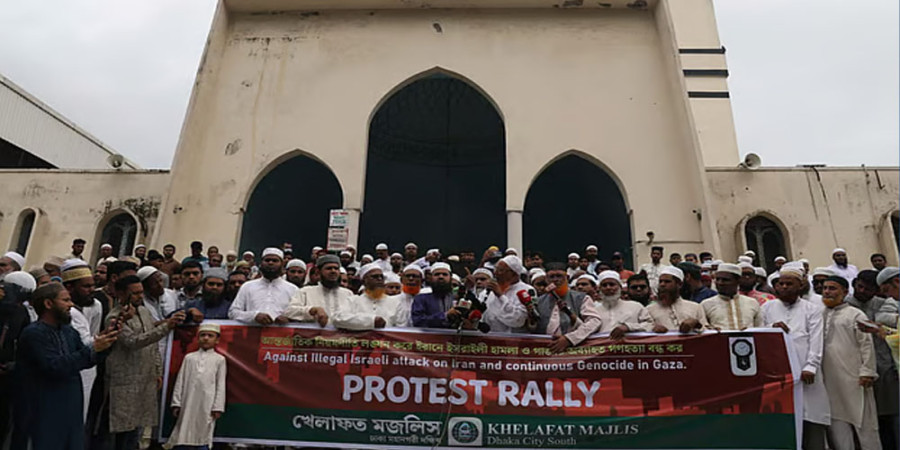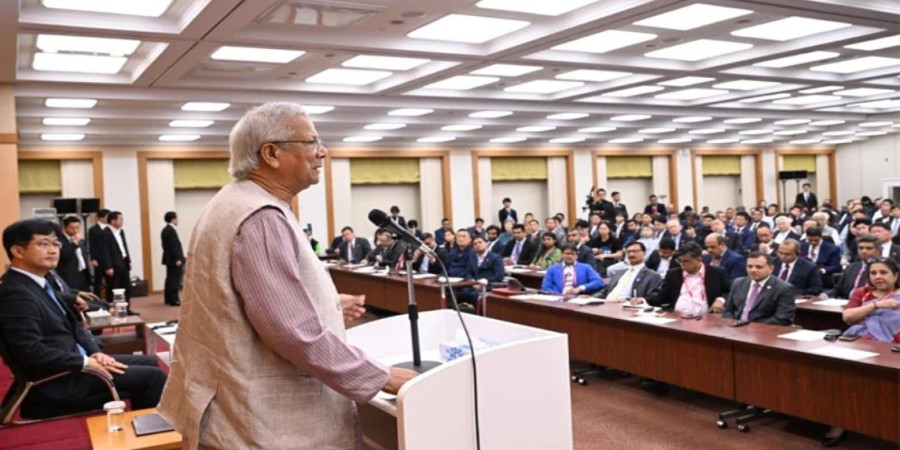
ছবি: Photo: Collected
As 85,302 Bangladeshi Muslims journeyed to Saudi Arabia for this year’s Hajj, 38 tragic deaths were reported in Makkah, Madinah, Jeddah, and Arafat, while over 42,000 pilgrims have already returned home, according to the latest Hajj bulletin.
A total of 38 Bangladeshi pilgrims have lost their lives during the 2025 Hajj season in Saudi Arabia, according to the latest bulletin released on Sunday, June 22. The deceased included 27 men and 11 women, with fatalities reported from key pilgrimage sites such as Makkah, Madinah, Jeddah, and Arafat.
The deaths occurred at various points of the pilgrimage, often under intense physical and environmental stress. According to the report, 25 of the deceased passed away in Makkah, 11 in Madinah, one in Jeddah, and one in the sacred grounds of Arafat. While official sources did not elaborate on the exact causes of death, previous years have shown that heatstroke, exhaustion, and pre-existing health conditions are common factors.
This year, a total of 85,302 Bangladeshi pilgrims traveled to Saudi Arabia to perform Hajj, one of the largest contingents in recent years. The spiritual journey, regarded as a pillar of Islam, demands physical endurance and involves several days of rituals often performed in extreme temperatures, which this year reportedly exceeded 45°C (113°F) in some areas.
The information was confirmed by the Hajj bulletin’s IT Help Desk, which compiles data from the airlines, the Civil Aviation Authority of Bangladesh (CAAB), the Bangladesh Hajj Office in Dhaka, and relevant authorities stationed in Saudi Arabia.
In terms of returns, the report stated that by 3 a.m. on Saturday night (June 21), a total of 42,950 Bangladeshi pilgrims had successfully completed their Hajj rituals and returned home. These returnees arrived on 109 flights operated under both government and private arrangements. Among them, 5,006 pilgrims returned via government-managed flights, while 37,944 returned under private management.
The government of Bangladesh and the Ministry of Religious Affairs have been working closely with Saudi authorities to ensure smooth Hajj operations. However, the deaths have cast a shadow over the otherwise orderly pilgrimage. Many families are now grappling with the loss of their loved ones, while officials are emphasizing the need for better health screenings and support systems in future Hajj seasons.
While Hajj is a deeply spiritual experience, it also tests the physical limits of elderly and ailing pilgrims. Observers have long urged for better preparation, especially in educating pilgrims about the challenges they may face, including long walking distances, crowd pressure, and extreme weather.
In recent years, the Saudi government has undertaken significant infrastructure upgrades to improve crowd management and emergency healthcare during Hajj. Despite these measures, deaths among pilgrims from various countries remain a recurring issue due to the physically demanding nature of the rituals.
The latest update from the Hajj authorities emphasizes that more flights will continue to operate in the coming days to bring back the remaining pilgrims. The Hajj office has also extended its support to families of deceased pilgrims to help them with the necessary legal and logistical procedures.
As Bangladesh continues to manage one of the largest Hajj contingents globally, officials are expected to review this year’s outcomes to improve planning, safety, and healthcare for pilgrims in the coming years. The loss of 38 lives during what is meant to be a once-in-a-lifetime spiritual journey is a solemn reminder of the importance of robust medical support and pre-Hajj preparation for all pilgrims.
repoter





